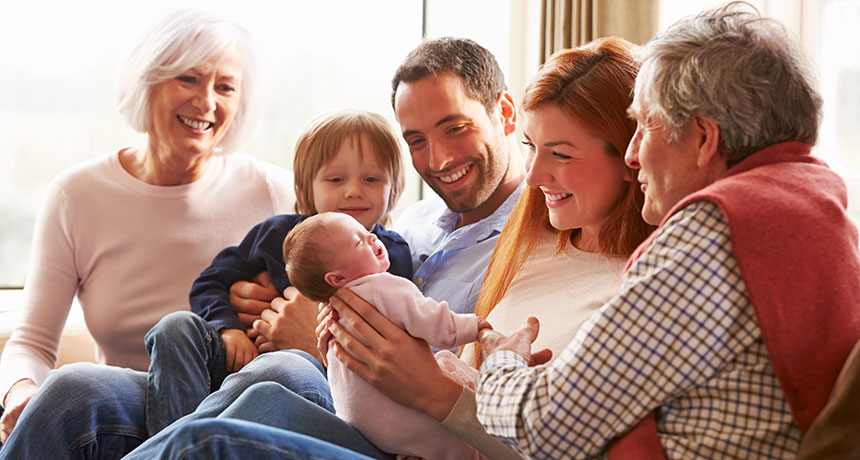Evidence is lacking that ‘cocooning’ prevents whooping cough in newborns

THE HERD The cocooning strategy, in which people who will be in contact with a newborn all receive vaccinations to protect the vulnerable baby, may not be that protective after all. Better protection against whooping cough comes from vaccinating a mother during pregnancy, scientists say.
monkeybusinessimages/iStockphoto







